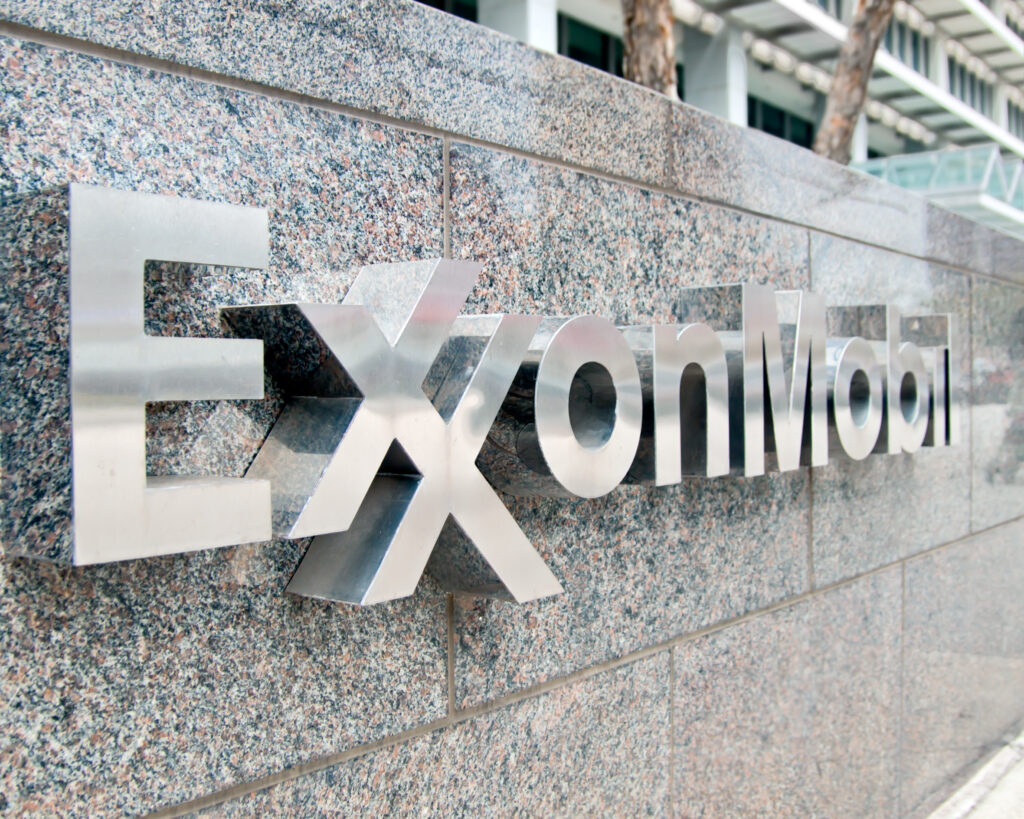ILR’s recently released report, 101 Ways: A User’s Guide to Promoting Fair and Effective Civil Justice—Seventh Edition 2022, features numerous ways state legislators can bring balance and fairness to their state’s lawsuit system. We recently highlighted reforms legislators can enact against abusive public nuisance litigation, and in this blog, we’ll cover reforms to rein in the secretive third party litigation funding (TPLF) industry.
In the past few years, TPLF has rapidly grown in the U.S. and around the globe into a multibillion-dollar industry. TPLF allows hedge funds and other financiers to invest in lawsuits in exchange for a percentage of any settlement of judgment. Often, no one—defendants, judges, and sometimes even the plaintiffs—knows if a case has outside funding. Litigation funding also increases the filing of questionable claims, drives up litigation costs, and raises various ethical questions.
In 101 Ways, ILR recommends several reforms for state legislators that would rein in the litigation funders from bankrolling cases that can harm U.S. businesses and consumers, including:
- requiring that any party and their counsel receiving financing for the litigation from a third party disclose the relationship at the start of the case and provide a copy of the funding agreement to the court and all parties; and
- requiring litigation funders to pay fees, costs, sanctions, and any other payments required by a court during or at the conclusion of litigation.
Current and prospective clients should also be aware that litigation funding repayments could affect the advice they receive from their attorney. Funded law firms should also be required to disclose any agreement that would require that a portion of the client’s recovery or the lawyer’s fee be paid to the litigation funder.
Some states, such as Wisconsin, already require disclosure of any TPLF agreement in all litigation in state courts.
101 Ways also looks at how litigation funders see an opportunity to increase their investments by amending state equivalents to the American Bar Association’s (ABA) Model Rule 5.4, which bans nonlawyers from owning law firms and sharing legal fees. State bar associations must also keep in mind that by creating these opportunities for litigation funders, this will increase the possibility of further conflicts of interest and a lack of control by consumers over their own litigation and cases.
Two states have already eliminated or amended their versions of Rule 5.4—a few states are considering similar changes. Florida and California, however, recently rejected any changes due to serious concerns about undermining consumer protection and infringing on the obligations of attorneys to their clients. State bar associations should put consumers first and reject any changes to their Rule 5.4 (for more on TPLF and Rule 5.4, check out ILR’s recent research).
Billions of dollars are being invested into lawsuits without little oversight or transparency. Litigation funding isn’t about increasing access to justice; it’s about funders co-opting the judicial system for personal gain. State legislators should require disclosure to ensure that everyone involved in a lawsuit knows who might be funding it and keep control of lawsuits between plaintiffs and their attorneys.
In the next post, we’ll discuss the recommendations from 101 Ways to support sound science and expert evidence in the courtroom.


